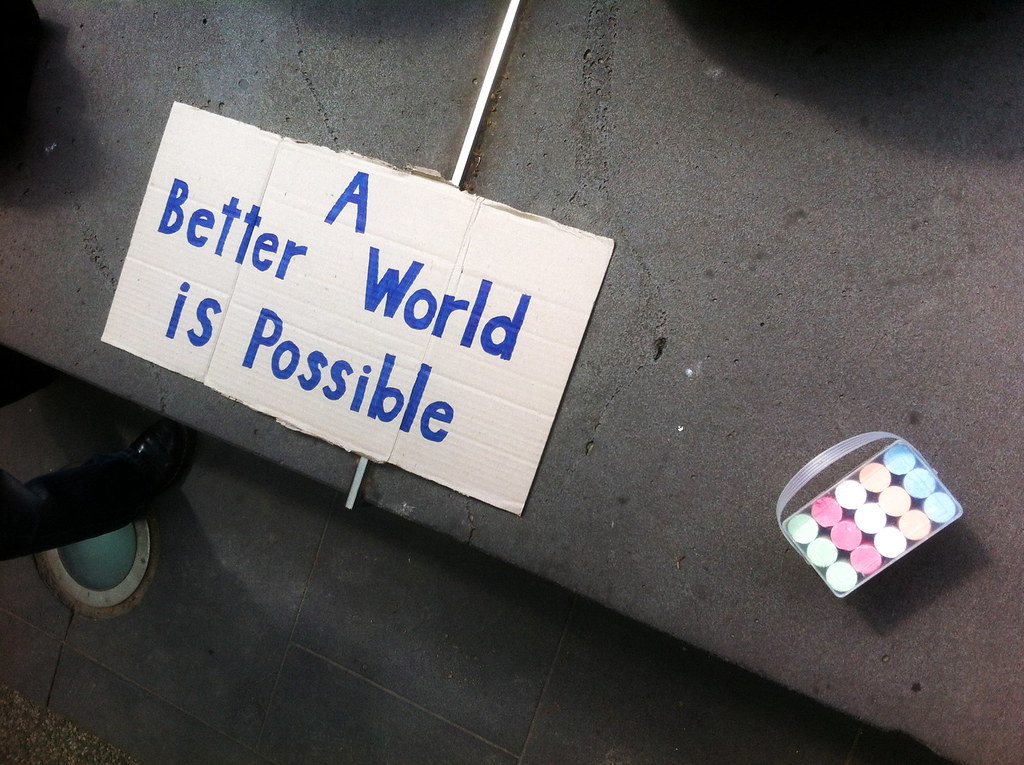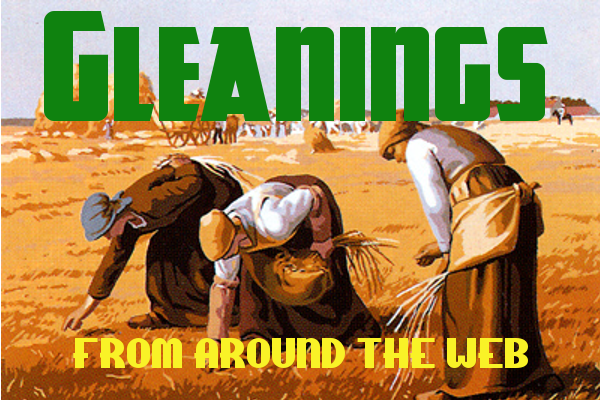This week, Malikia Johnson writes about a project that her and two other GEO members created at the beginning of the covid-19 pandemic. Design for the Commons is a toolkit for creating mutual aid systems around neighborhood and food sovereignty,
Then, members of the Platform Cooperativism Consortium write about the scope they see for the member-managed LLC form to serve as a vehicle for allowing migrants and refugees greater options for working in democratic companies. They also highlight the need for legal changes to address changing labor conditions, such as the legalization of transnational cooperatives.
The Commons Economy Reloaded
by Malikia Johnson
The world seems to have one devastating event after another, and the urgency to strengthen relationships, support one another, and fulfill each other’s needs outside of institutions feels more and more relevant. Many of the solutions offered by elected officials are mired with bureaucracy and lack innovation. In addition, those solutions remove agency from citizens and place it into the hands of institutions that don’t value community needs. It feels poignant to remind us of important work that a few GEO members did during Trump’s last presidency.
From Member-Managed LLCs to Cooperative Reform for Inclusive Economies
by Trebor Scholz, Anne-Pauline De Cler, Michelle Lee, Morshed Mannan, Stefano Tortorici
Amidst the global surge of refugees and migrants seeking economic opportunities, the call for inclusive, democratic, and cooperative models is more pressing than ever. With 2025 designated as the UN’s International Year of Cooperatives, there is a critical need to reform cooperative laws to ensure that no marginalized worker is excluded. This essay explores how inclusive and democratic cooperatives, alongside innovative models like member-managed limited liability companies (LLCs), can address these global labor challenges.
How A Workers Cooperative Took Over An Iconic French Glassmaker
World Crunch — “The tableware brand that thousands of Spaniards grew up with is back on its feet.” That was one of the headlines about the conversion of France's legendary Duralex tempered glass manufacturer into a worker cooperative (SCOP, in French). After years being run by managers who barely knew the French brand and who failed the company in terms of industrial and social maintenance, more than 140 of the company's 226 workers decided to join the cooperative in July 2024...
Key Thoughts on SEWA Cooperatives
SEWA (Self Employed Women's Association) — Our cooperatives have tapped into their spirit of cooperation even in the midst of violent conflict situations, such as in Kashmir, in Afghanistan, and Sri Lanka. There is much to learn about the role cooperatives can play in peacekeeping. Peace is not possible without cooperation...
Building Power Through Mutual Aid: Lessons From the Field
Convergence — Since 2020, climate-related disasters have mounted and newly emboldened authoritarianism threatens even the shredded social safety net we have. This ups the ante for the work Future Currents examines in its new report, Building Power Through Mutual Aid: Lessons From the Field. The report studies the experiments of the early 2020s, looking at whether and how organizations can use mutual aid to strengthen ties, engage new people, and build power. It encourages us to interrogate, and perhaps let go, the idea that building power and collective care are mutually exclusive...
Highlights from our Member Councils and Peer Networks
USFWC — Worker Co-op Academies Peer Network – The Co-op Academies Peer Network had 4 quarterly meetings focused on discussion and resource sharing this year: Q1: How do co-op academies feed into and shape the coop ecosystem? What do you use to measure the success of your academy and its impact? Q2: How do you incorporate language justice into your academy? What technology do you require/use in your academy? Q3: How do you train participants on conflict?...
Like what you find on GEO?
Make a Donation Today!
Your tax-deductible contribution ensures that GEO can continue to provide independent grassroots content about the cooperative and solidarity economy movements.
Got something to say?
Let us know. Send your comments, suggestions, rants and article submissions to editors@geo.coop.
Follow us on Social Media
Mastodon: social.coop/@GEO_Collective
FB: facebook.com/GEOCollective
Twitter: twitter.com/@GEO_Collective
Instagram: instagram.com/grassrootsecon
Our mailing address is:
Grassroots Economic Organizing
P.O. Box 115
Riverdale MD 20738-0115




